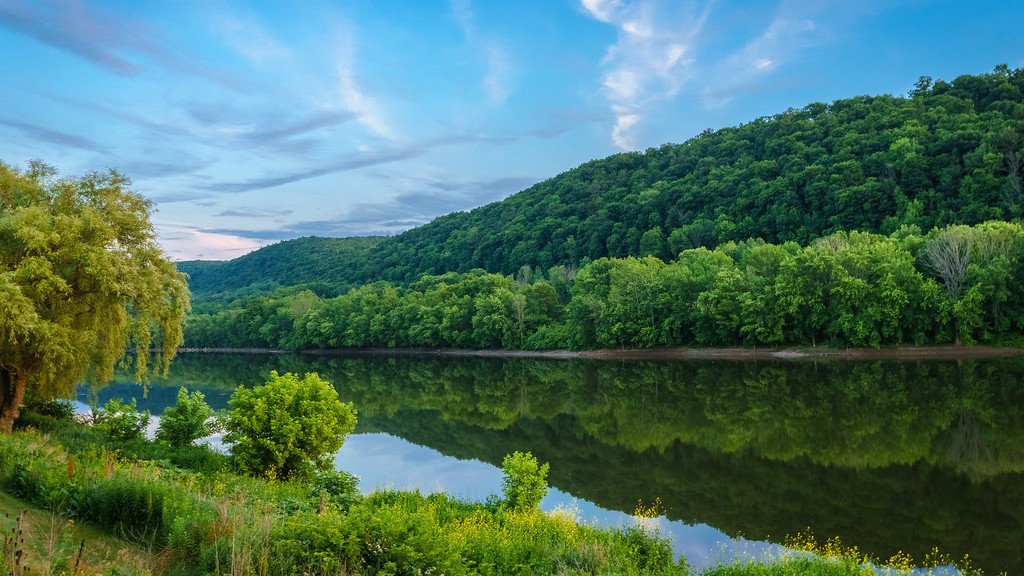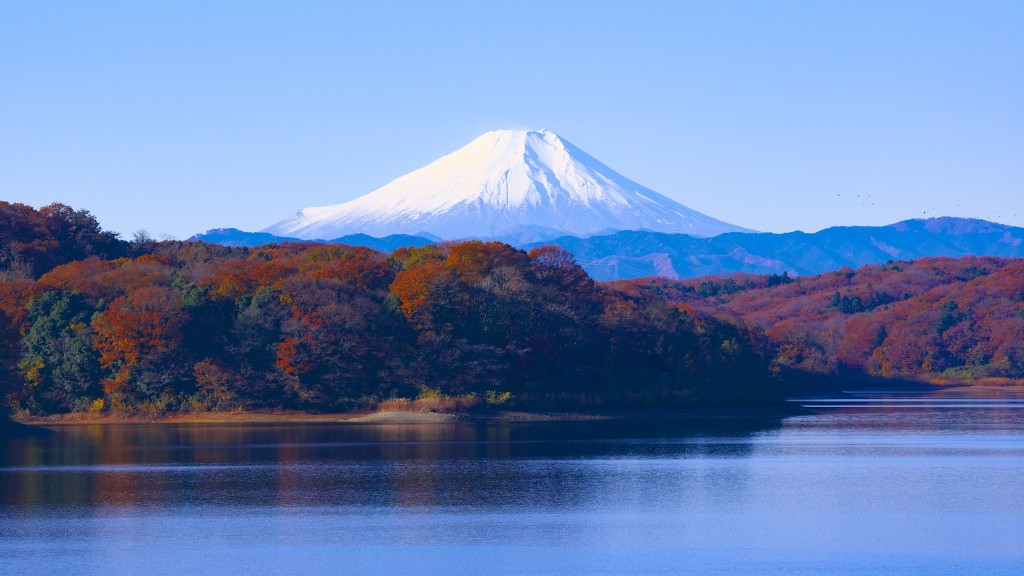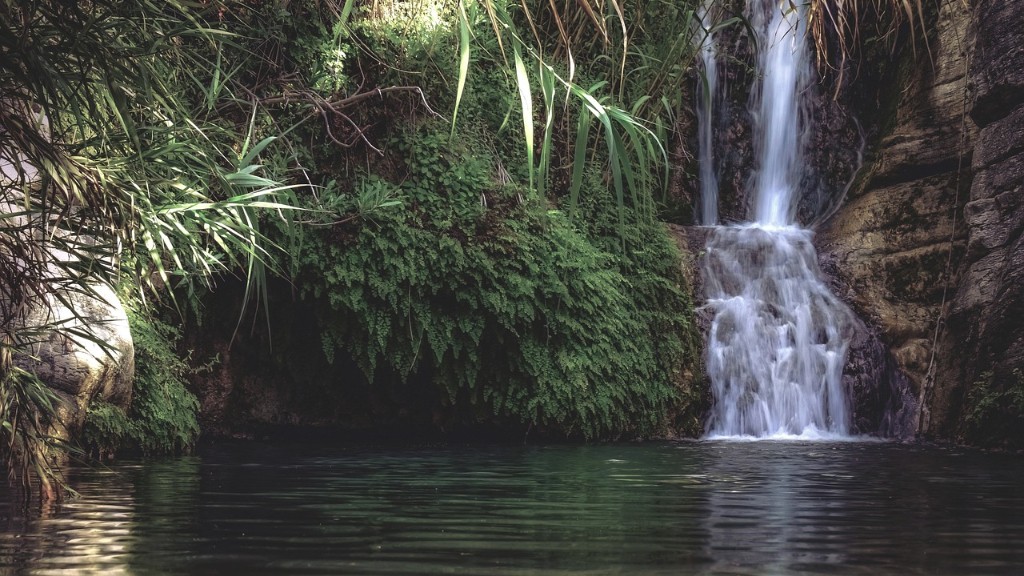Introduction
The Yangtze River is the longest river in Asia and the third-longest in the world, stretching from its source near the glaciers of the Tibetan Plateau in the west to its wide estuary at Shanghai on the Chinese east coast. It is not only the longest river on the continent, but also the most famous with a culture and tradition that dates back thousands of years. With its significance to Chinese culture, it is no surprise that the Yangtze River is considered part of the “China” identity, and is often referred to as ‘The Mother River of China’. But many people may wonder, what continent is the Yangtze River located in?
Geography of the Yangtze River
The Yangtze River is located mainly in the eastern part of China, which is part of the continent of Asia. It is about 6,300 km in length and drains an area of 1,800,000 square kilometers. The source of the Yangtze River is located in the ice-capped glaciers of the Tibetan Plateau in western China, before passing through six provinces and the city of Chongqing to the east. It then continues through the provinces of Hubei, Jiangsu, and Anhui before emptying into the East China Sea at the city of Shanghai.
Climate Along the Yangtze River
The climate along the Yangtze River is quite varied. In the western regions, the climate is cold and dry, and in the east, it is mainly humid and subtropical. Along the middle sections of the river, there is a temperate climate and monsoon season in the summer. Depending on where the river passes, temperatures tend to range from relatively mild in the east to bitterly cold in the west. As a result, the Yangtze River is home to a variety of vegetation and wildlife as it passes through different climate zones.
Cultural Significance of the Yangtze River
The Yangtze River not only provides an abundant bounty of water resources to the Chinese, but it is also the source of their spiritual beliefs. The river has been an integral part of Chinese culture for thousands of years and has been a source of artistic, philosophical and religious inspiration for various important historical figures. In addition, the traditional music, folklore and poetry about the river continue to inspire people to these days.
Economical Impact of the Yangtze River
The Yangtze River is an important route for transportation and shipping, and its navigability has great economic value. The rich resources of the Yangtze River also form its great economic value, especially the rich fish resources. Fishing is of great significance to the local people living along the Yangtze River. In addition, many factories and docks in the area rely on the river for raw materials and transportation.
Threats to the Yangtze River
The Yangtze River is under threat from various sources. Due to increased development in the area, the river has become increasingly polluted. Over-fishing is also a major concern, as it has resulted in a drastic decline in fish population. In addition, the construction of dams on the waterway has impacted the natural flow of the river, resulting in the displacement of many people and destruction of nearby habitats.
Conservation Efforts on the Yangtze River
In order to protect the Yangtze River, steps are being taken to reduce the impact of human activity. A number of environmental protection laws have been created, and the Chinese government has initiated large-scale ecological conservation projects in the area. These efforts have resulted in an increased awareness of the importance of the Yangtze River, and its importance to the environment and economy of China.
Political Aspects of the Yangtze River
The Yangtze River is also an important political boundary in the region. Historically, the river has been used to divide the Chinese and other countries, and it served as the boundary between China and the Soviet Union during World War II. Its importance as a division is still evident today, and it is a point of contention between numerous Asian countries.
The Impact of the Yangtze River on Tourism
The Yangtze River is also an important tourist destination, with its stunning scenery and rich culture. Visitors can travel along the river to take in the sights, or visit the many historical sites, villages and cities along its banks. In recent years, the Chinese government has introduced policies to encourage the development of tourism in the region, and the river has become an increasingly popular destination for both domestic and foreign visitor
Environmental Aspects of the Yangtze River
The Yangtze River is home to a variety of different species of plants and animals, and its importance to the local environment should not be underestimated. The river and its tributaries provide a vital link between the Tibetan Plateau and the East China Sea, and it serves as a vital habitat to numerous species of fish, reptiles, amphibians and mammals.
Conclusion
The Yangtze River is one of the greatest rivers in the world, and its cultural and economic importance is undeniable. It is an integral part of the Chinese identity, and its influence and importance will no doubt continue for many years to come. With its immense cultural and economic significance, it is no surprise that the Yangtze River is located in the continent of Asia.


